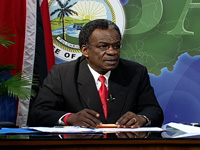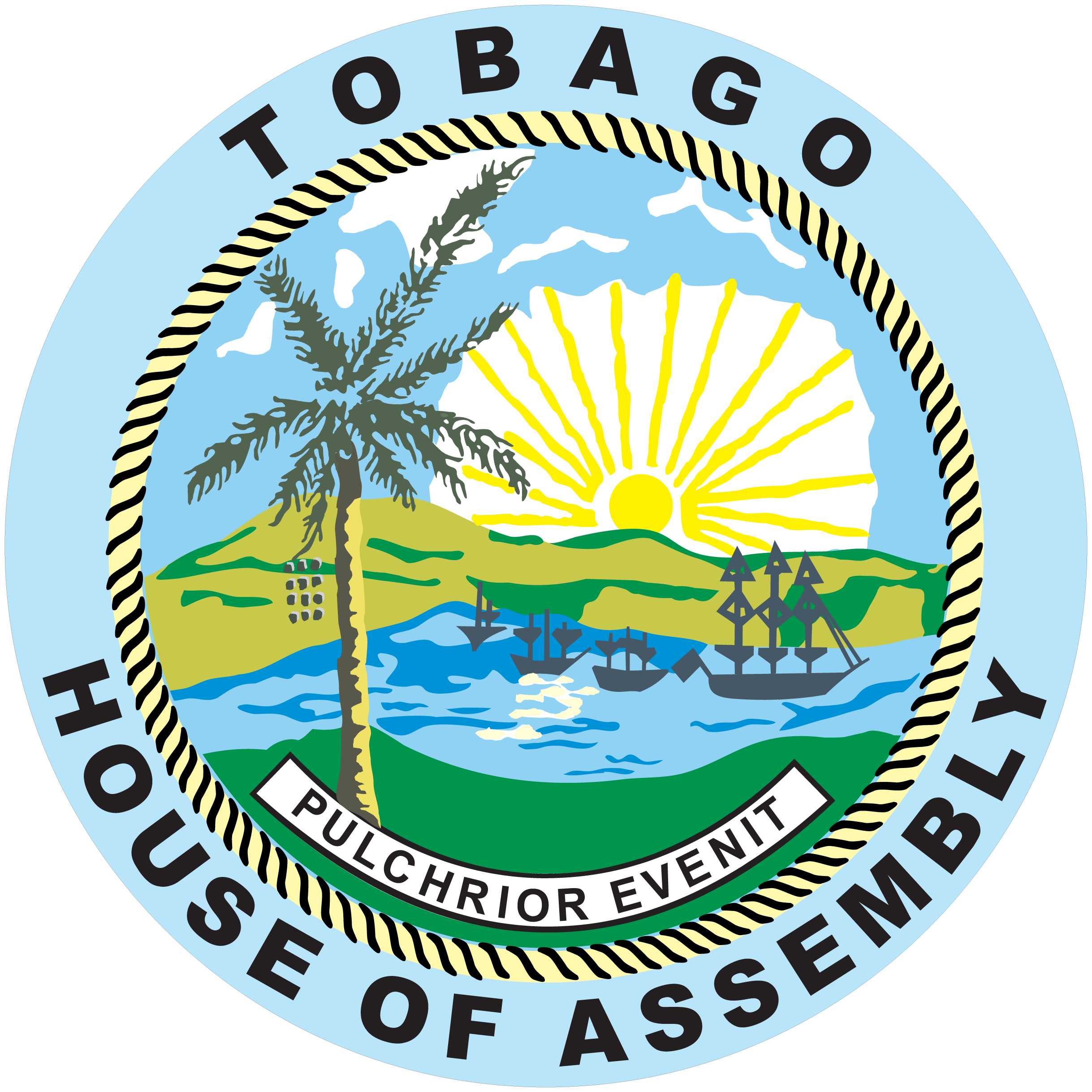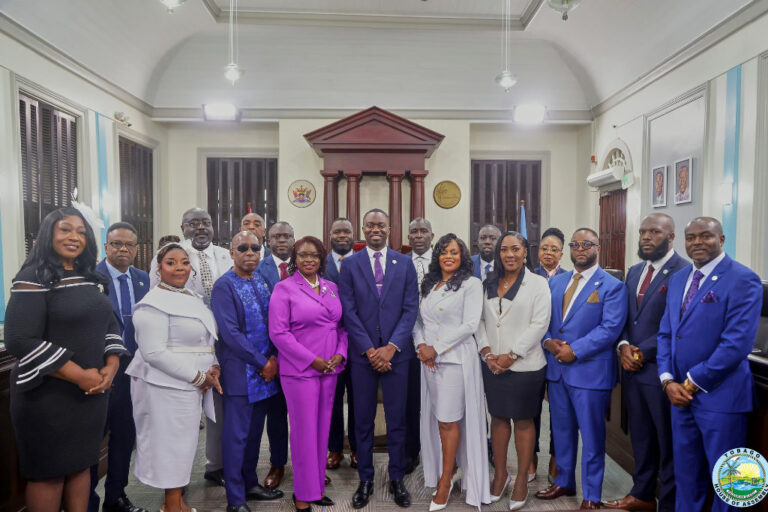
Chief Secretary Orville London has said that there was nothing new in the Assembly being taken to court in a dispute between the Central Government and itself. He added: “It is very interesting to note that with all the hullabaloo taking place one will get the impression that this is the first time that the THA is being taken to court by the central government. He was responding to statements made by Attorney General Anand Ramlogan in the Senate on Wednesday night that Finance Minister Larry Howai had been requested to initiate legal action against the THA and himself in relation to the BOLT arrangement for the MILSHIRV office complex contrary to section 51 of the THA Act.
He stated in an interview on Thursday (18th October 2012) that the THA had to appear in court actions on at least five occasions from 1980 to present. It started way back in 1982 under the 1980 THA Act when then THA chairman Arthur NR Robinson was taken to court by the central government administration of George Chambers.
London added that twice in 1984 the Robinson administration took the central government to court while in 2000 the Assembly administration under Hochoy Charles triggered the Dispute Resolution Commission (DRC) and also it started legal proceedings against the government in 2000.
He said anytime there was a relationship between a local body and a central government or between the THA and the central government there were going to be issues where there was going to be disagreement and the Assembly will be prepared for this round of litigation by the central government.
The Tobago Chief Secretary said the difference between what transpired on those five occasions and what was transpiring now was that the focus was on the issue and not on politicising or slandering, so therefore when you looked at the litigation it was one between the THA and the central government “There were no aspersions cast on individuals who had taken decisions based on their interpretation of their powers under the THA Act,” he said.
He added: “If during the discussion and during the action any evidence was seen of personal involvement then so let it be, but to have a situation where at the beginning of a process before any evidence is put forward, where you have a disagreement between the central government and the THA about the powers of the THA or the control of the central government something that has happened on several occasions in the past and to allow that to create an environment where people’s characters are sullied in this manner, I think that that is very unfortunate.”
London said the Assembly will continue to do what it has to do within the parameters of the law for the development of Tobago. “We recognise that we have constraints but we also recognise that we have certain powers and therefore using those powers we have a responsibility to the people of Tobago.
He said whenever the Assembly made decisions it always consulted with its Senior Legal Adviser Alvin Pascall who in turn would also be advised by senior counsel and his colleagues when he believed that he had an issue in which he needed additional information. He said a legal opinion obtained from Hamil-Smith, attorney’s-at-law indicated that the BOLT arrangement was not contrary to section 51 of the THA Act since it did not involve borrowing. “The decisions we make are in accordance with the laws of Trinidad and Tobago and according to the powers given to the THA under the House of Assembly Act.




